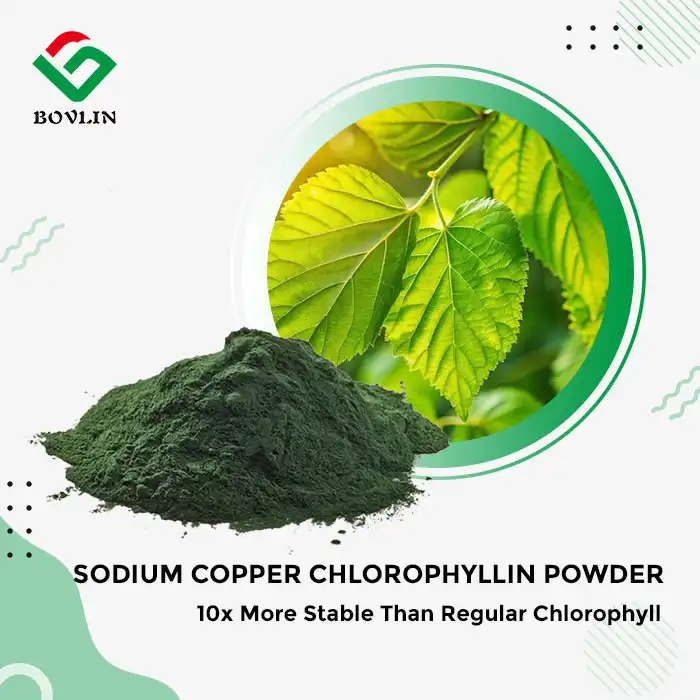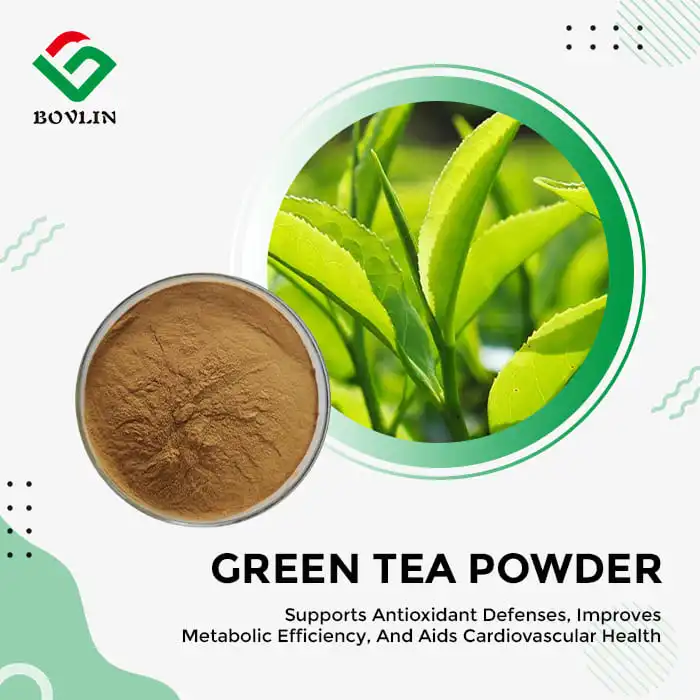How Does Yeast Beta Glucan Interact with the Immune System?
Recognition by Pattern Recognition Receptors
Yeast beta glucan interacts with the immune system primarily through pattern recognition receptors (PRRs) on immune cells. These receptors, such as Dectin-1, complement receptor 3 (CR3), and toll-like receptors (TLRs), recognize the unique molecular structure of beta glucans. When yeast beta glucan binds to these receptors, it triggers a cascade of cellular responses that activate various components of the immune system.
Activation of Innate Immune Cells
Upon recognition, yeast beta glucan stimulates innate immune cells, including macrophages, neutrophils, and natural killer (NK) cells. This activation enhances their ability to engulf and destroy pathogens through a process called phagocytosis. Additionally, these activated cells release signaling molecules called cytokines, which further modulate the immune response and recruit other immune cells to sites of infection or inflammation.
Enhancement of Adaptive Immunity
Yeast beta glucan also indirectly influences the adaptive immune system. Activating antigen-presenting cells like dendritic cells facilitates the presentation of antigens to T lymphocytes. This process bridges the innate and adaptive immune responses, leading to the production of antibodies by B cells and the development of immunological memory, which is crucial for long-term immunity against specific pathogens.

Immune-Modulating Properties of Yeast Beta Glucan
Balancing Immune Responses
One of the remarkable properties of yeast beta glucan is its ability to modulate immune responses. It can enhance immune function when the system is underperforming, such as during periods of stress or illness. Conversely, it may help regulate overactive immune responses associated with allergies or autoimmune conditions. This balancing effect contributes to overall immune homeostasis, promoting a more efficient and appropriate immune response to various challenges.
Antioxidant and Anti-Inflammatory Effects
Yeast beta glucan exhibits antioxidant properties, helping to neutralize harmful free radicals in the body. This action not only supports immune function but also protects cells from oxidative stress. Furthermore, yeast glucan has demonstrated anti-inflammatory effects, potentially mitigating chronic low-grade inflammation associated with various health issues. Reducing inflammation may contribute to improved immune system efficiency and overall health.
Synergistic Effects with Other Nutrients
Research suggests that yeast beta glucan may work synergistically with other immune-supporting nutrients, such as vitamin C and zinc. This complementary action can enhance the overall immune-boosting effects, making yeast beta glucan a valuable component in formulations designed to support immune health. The synergistic potential opens up possibilities for creating more effective immune support products in the nutraceutical and functional food industries.
Scientific Evidence Supporting Immune Health Benefits
Clinical Studies on Infection Resistance
Numerous clinical studies have investigated the effects of yeast beta glucan on infection resistance. Research has shown that supplementation with yeast beta glucan can reduce the incidence and severity of upper respiratory tract infections in both healthy individuals and those with compromised immune systems. These findings suggest potential applications in products aimed at boosting immune defenses against common infections, particularly in high-risk populations or during seasons when infectious diseases are more prevalent.
Research on Immunomodulation in Chronic Conditions
Emerging research is exploring the potential benefits of yeast beta glucan in managing chronic conditions with an immune component. Studies have investigated its effects on allergies, autoimmune disorders, and even certain types of cancer. While more research is needed, preliminary results indicate that yeast beta glucan may help modulate immune responses in these conditions, potentially offering new avenues for supportive care in conjunction with conventional treatments.
Molecular Mechanisms and Bioavailability Studies
Advanced scientific investigations are uncovering the molecular mechanisms behind yeast beta glucan's immune-modulating effects. Research on its bioavailability and metabolism is providing insights into optimal formulation and delivery methods. These studies are crucial for developing more effective yeast beta glucan supplements and functional ingredients, ensuring that the active compounds reach their target sites in the body and exert their intended effects on the immune system.
Conclusion
Yeast beta glucan powder stands out as a promising natural compound with significant potential for enhancing immune system function. Its ability to interact with and modulate various aspects of the immune response offers exciting possibilities for applications in immune health support. As research continues to validate its benefits and elucidate its mechanisms of action, yeast beta glucan is likely to play an increasingly important role in the development of innovative immune-boosting products across various industries, from functional foods to nutraceuticals and beyond.

Contact Us
For more information about our yeast beta glucan powder and its potential applications in your products, please contact Shaanxi Bolin Biotechnology Co., Ltd. at sales1@bovlin.com. Our team of experts is ready to assist you in harnessing the power of yeast beta glucan for your immune health formulations.











